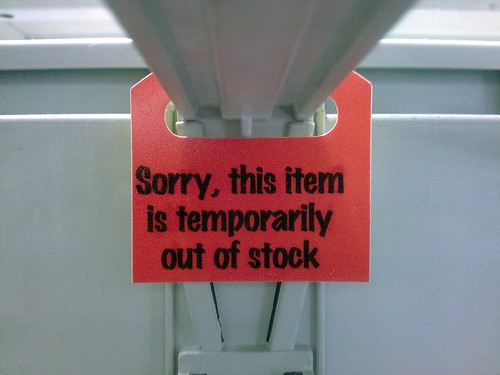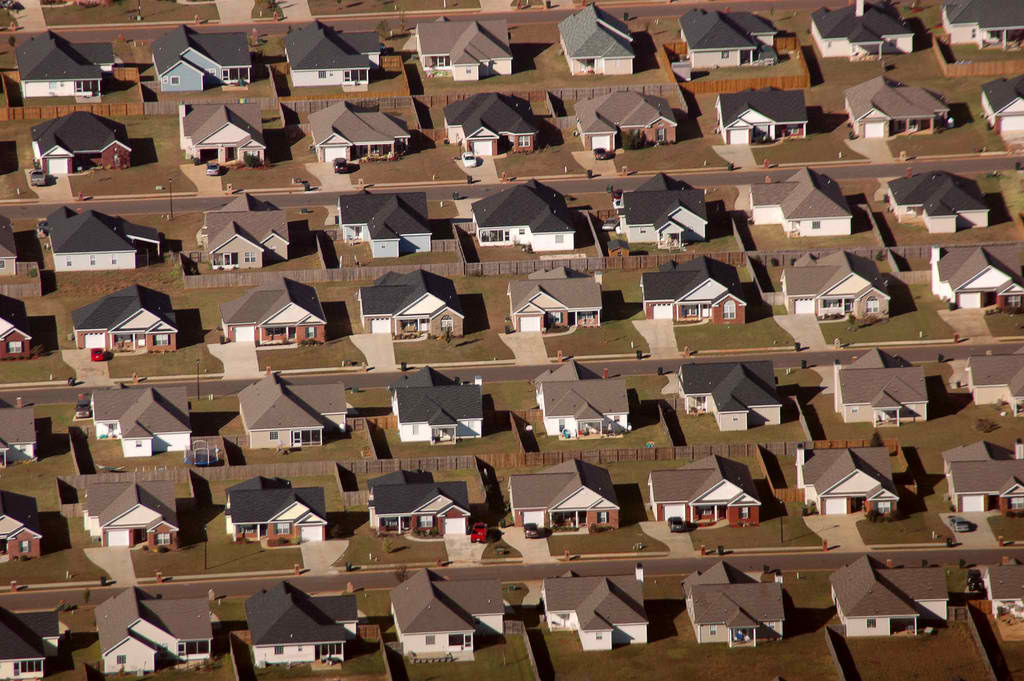Well, I just finished reading the Grapes of Wrath. That book always hits me so hard, no matter how many time I read it, infuriating me, tearing at my heart. The Joads may be characters in a book, but they stand for a reality, archetypes, so to speak.
Got me thinking, as you'd expect, about the Depression, the banks, debt, and our economic system. Seems the depression's travails were largely brought about by overproduction, as well as the environmental catastrophe of the Dust Bowl, and rampant speculation. It really boggles the mind to consider that in a time of overproduction, people were starving. And it's because we have an economy based on scarcity. We had so much food back then, so much fruit in the vinyards and orchards, too many cattle and pigs, that prices fell so much that they couldn't sell it. It cost more to pick the fruit then you could get for it, cost more to raise the beef than you could sell it for. So they let the fruit rot on the vine, or piled it in heaps and poured gasoline on it so it would be inedible; they slaughtered 6 million pigs and wasted them.
This, to stabilize prices. We are so insane in our abstraction that we forget reality. Money is a symbol for wealth. Who the fuck cares about dollars? The point is the food you can get with it. And we are so insane as to let the big owners to let people starve rather than forego their symbolic wealth. A moral people would have distributed the food, to save those starving masses. Only, then the system of scarcity (that is, scarcity for the masses, not the owners) would fall: the masses would get used to having enough to eat, they might get cocky, and surely won't go back to buying it, will they?
Starvation in a time of plenty. It is literally a mark of craziness on our society. And it goes back thousands of years, since the first guy had a silo and kept everyone's grain in it. He sure had 'em by the short and curlies then. Like when there was a famine and all the Hebrews went to Egypt to buy food, often indenturing themselves for it. It took a Moses and ten plagues to liberate them. Ever stop to think what plagues might be coming our way? Climate change is a giant monkey wrench coming down the line, and the roiling and growing poverty is going to work great changes on our society. Given that the Depression was a man created thing, and moreso a bank-and-owner created thing, I have to wonder who's orchestrating our Great Recession now, and what tricks they're using. I'm not educated or informed enough to know, but I do know the boom and bust cycle is part of our planned economy, to a much greater extent than it is a natural thing.
 How few and consolidated ownership is getting. Monsanto and Conagra control vast swaths of the food production. Five corporations own almost all of the major media sources, so even truth in news and information, food for the mind, is scarce (thank God for the internet! For now, at least). What happened to abundance? I once read this comic book series called Testament. It's a weird story mixing a fascistic near-future with biblical narrative and pagan gods of long ago, the storylines mixing and eventually merging. Anyways, at the end the human protagonists figure out a way to screw the meddling gods that live beyond the panels; the people exit the worldview of scarcity in favor of one of abundance. This is what we need to be doing.
How few and consolidated ownership is getting. Monsanto and Conagra control vast swaths of the food production. Five corporations own almost all of the major media sources, so even truth in news and information, food for the mind, is scarce (thank God for the internet! For now, at least). What happened to abundance? I once read this comic book series called Testament. It's a weird story mixing a fascistic near-future with biblical narrative and pagan gods of long ago, the storylines mixing and eventually merging. Anyways, at the end the human protagonists figure out a way to screw the meddling gods that live beyond the panels; the people exit the worldview of scarcity in favor of one of abundance. This is what we need to be doing.I recently read a book called the Voice of the Planet, a compelling if strange book, where an environmentalist professor is contacted via computer by the planet itself, and is taught many lessons about the wrong path we're going down as a species, and some things that need correcting. Has some pretty amazing sequences in it, though it's a bit tedious getting to the point. Anyways, it makes the point, when talking about famine in Bangladesh, that most people there work land owned by absentee owners, who deal in money, not crops. Ownership is concentrated in relatively few hands, and thus are grown fewer and less nutritional or non-food crops (like cotton) for export to the global market. Sound familiar? This is as true for Bangladesh as it was for America in the 30s and today, for food production as well as everything else.
Beyond the giant ownership problem, which cannot be overstated, is the way we think about food. Firstly that we call it a commodity, rather than the foundation of life. That says a lot about us, and relates to the aforementioned poverty and famine. Second, we eat very little of what the Earth has to offer. Who would think to eat an insect? Ants are supposed to be delicious roasted, and most insects are edible and nutritious. In the Grapes of Wrath, the family is half-starved, but when they run over a snake, no one stops to pick it up, even though that's good meat. You can go out and eat cattail roots, very high in starch, as are day-lily tubers, right there in your own garden. Pine sap can be chewed like gum and has some sugars, acorns can be eaten if blanched of the tannins, dandelions are extremely high in vitamins and minerals and medicinal to boot-- there's food everywhere!
Yet we limit ourselves to a few key crops (wheat, corn, soy, rice, the few popular vegetables and fruits) and a few animals (cow, pig, chicken, a few fish); and being limited, these are all the more at the mercy of market fluctuations. Native cultures don't do this, not the hunter gatherers. Even though today the few remaining hunter gatherers often live in more barren areas, like the Bushmen in the Kalahari, since the good land was long ago stolen by agriculturalists, they still have a hugely more diverse diet than us, even with our supermarkets and global exchange. If one food gets scarce, they have many others. Native Americans, even the agricultural tribes, even those that developed civilization, the Moundbuilders, especially the Mississippian culture at Cahokia, even they maintained, if only as a back-up should the crops fail, a diet founded in the diversity of the natural world. They could always melt back into the forests and prairies, and often did. Diversity was their way, they didn't put all their eggs in one basket.
How does this apply to us? Well, I forget the statistic, but something like between 70% and 90% of our processed food contains corn in some form, it was something staggeringly high like that. Meanwhile, the dwindling numbers of homeowners grow wasteful gardens of ornamentals, rather than food, thereby ceding power they might realistically and easily keep. The sprawling development here in Florida is displacing the crackers, the traditional cattlemen this state once was filled with. All across the Midwest, in California's and Pennsylvania's valleys, and in the Southeast, like around Atlanta, we put the new suburbs and strip malls on excellent farmland, erasing productive land from use, and then grow lawns or asphalt on it. We're losing our topsoil because we care about profits, not fertility; because we live in a mindset of scarcity (not enough dollars!) rather than one of abundance. We need more CVS stores, more Walmarts, more 2000 or 3000 sqft single-family dwellings! Even though a 12x16 cabin used to do for a family of 8.
Even without submitting to eating beetles, we could do better. As Aldo Leopold wrote, "Nothing could be more salutory at this stage than a little healthy contempt for a plethora of material things." The simple life, to be brief. That is, to step back from the relentless rat race (it takes a rat to win a rat race) and reevaluate. I'm not talking about simplicity as scarcity. I mean it as clarity. If people had done that in the 30's, those cattle wouldn't have been wasted, the fruits wouldn't have had to rot while thousands starved. Possession is nine-tenths of ownership-- squatter's rights. We might have took charge of that model of scarcity that exploits the many for the comfortable few, and realized that this world is seething with food and the stuff of life, if only we could see it, and if only we could share.
And that is the hope Steinbeck gives us in Grapes of Wrath. Yes, we're left hanging, wondering about the fate of the Joads; yes, it's a sad and bleak ending, but not entirely. The people have found each other and forged a community of the road; the migrants share what they have, poor as they all are. Community over ownership. If you have a little and he has none, you get together and you both have a little. This is the power of the people, this is resilience. No one has a right to starve another, but we're right back where we were in the Depression, lesson not learned. But when the 99% finally get together to realize that they are the majority and strong when they stand together, we're unstoppable. I don't know if I'm advocating localism or socialism or communism or what; can't label it like that, and don't know what the change is going to look like. But change is in the air, and the elites are getting scared.
And they should be.


Well stated Brandon, I wish I'd written this. One thing that pisses me off about the lawn growers of suburbia is their incessant wasting of water to grow grass that they then pay someone to mow down.
ReplyDeleteA couple years ago we were under a severe drought here in the southeast and most municipalities enforced strict water conservation measures.
Not to be deprived of their trophy lawns, many of the wealthier homeowners around these parts sunk wells in their yards in order to keep irrigating their damned grass. I'm on a well, there isn't even a municipal water service for me to connect to if I wanted to do that, so these grass growing assholes were essentially stealing the water my family needs to survive!
The 1% better be scared because more and more if us have had enough of their self-serving short-sighted asshattery and more are waking up every day.
Thanks Thurman, I hear you on that complaint. I've written two posts about how much I hate lawns, actually.
ReplyDeleteAnd let's not forget golf courses....
ReplyDelete